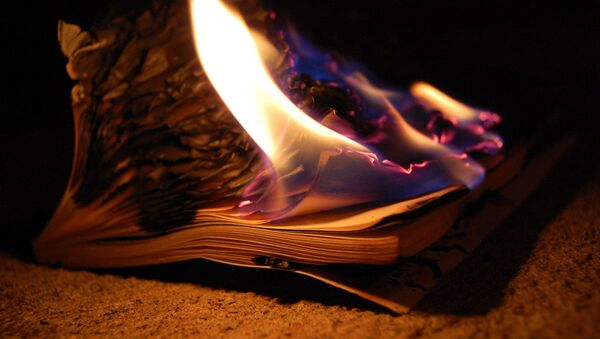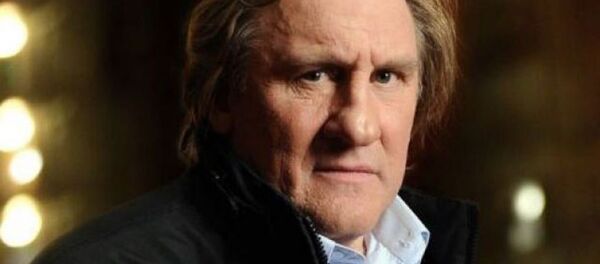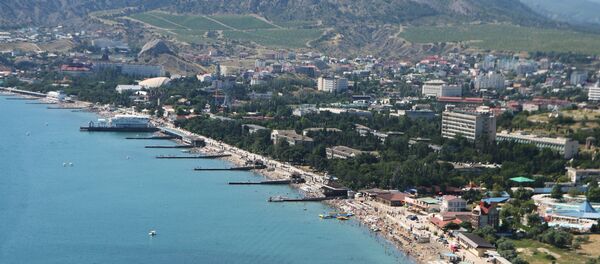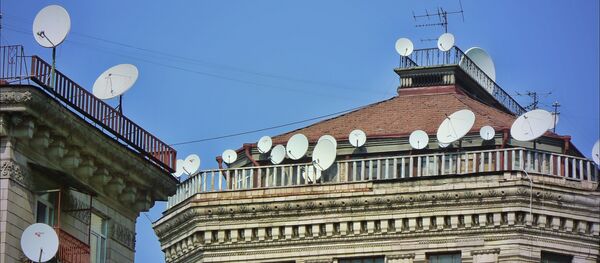The list of banned books includes several works by Donetsk-born science fiction writer Fedor Berzin, as well as Tom Clancy-style works of fiction predicting the Ukrainian civil war by Ukrainian-born author Gleb Bobrov and by Georgi Savitskiy.
The ban also targets books in the areas of political science and social science by conservative Russian publicist Alexander Dugin, radical political dissident Eduard Limonov, Russian academic and presidential advisor Sergei Glazyev, and renowned Russian economist Valentin Katasonov. Most of the banned books are related in one way or another to Ukraine; many of them were published over the past two years in the midst of the Ukrainian crisis.
Goskomteleradio warned that the list of banned Russian books is likely to be expanded, saying that it would cite Article 28 of Ukraine's Publishing Act, which prohibits the distribution of published works which can be used to threaten Ukraine's independence, change the constitutional order by force, or violate the sovereignty and territorial integrity of the state.
Authorities did not clarify what would happen to those who violated the ban on the import of the banned literature, but noted that the books themselves would be confiscated and destroyed.
Russian authors and social scientists have begun reacting to the ban. Russian pop historian Nikolai Starikov, whose book "Ukraine: Chaos and Revolution: The Weapon of the Dollar" made the list of banned books, argued that Kiev's move is an attempt to hide some basic truths. Starikov emphasized that his book had "neither hate, nor a call to separatism, nor fascist ideas –[in other words] none of the things listed by Ukrainian authorities," adding that by banning his work, Ukrainian authorities were trying to hide a simply truth, that "Ukraine has witnessed an unconstitutional seizure of power…[and] come under the external control of the US."
Popular Russian radio journalist Sergei Dorenko, one of whose books also made the list, noted that "in the age of the internet, it's simply funny for the Ukrainians to try and ban something." Dorenko referred to the fact that since the appearance of the internet in countries like Ukraine and Russia, books have often been made available on the internet, for free, even before being published and released in bookstores. With the appearance of e-readers and tablets, the trend has become so pervasive that many authors, especially academics, have deliberately released their works online, for free, in order to get a wider readership. In such a situation, it's questionable how much effect, if any, a ban on physical copies of books will actually have.







